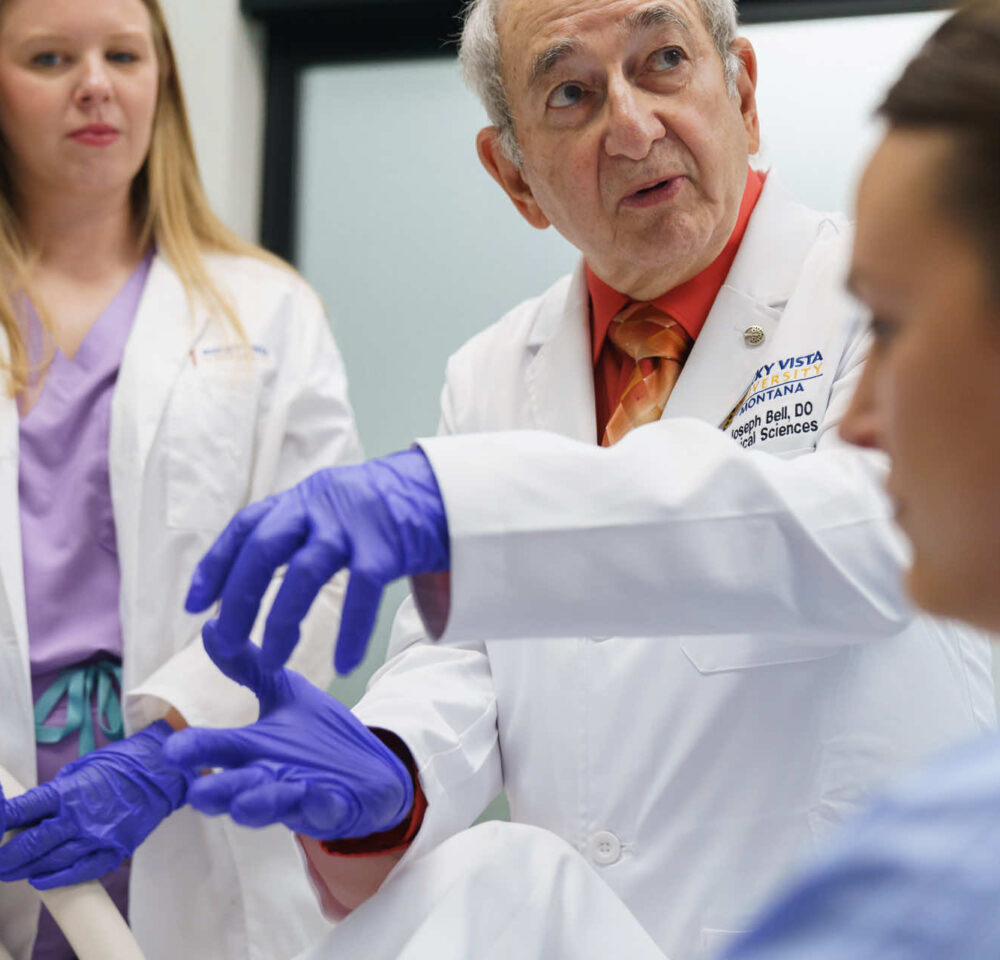What are the benefits of mindfulness?
Mindfulness helps reduce emotional and physical distress across a wide range of conditions. Evidence has shown that mindful people seem to have a better ability to manage strong negative emotions. Who wouldn’t want that?
What should I do during school breaks?
Use your time off to reassess your values and what makes you tick. Reflect on your experiences throughout the semester to see how much you have grown as a person. Then use that to create a plan for yourself for the Spring semester. How will you better implement self-care? How can you improve your work/life balance? What were you missing out on that you’d like to include in your life?
Put your textbooks and flashcards away. Stop thinking about what’s coming up next. Give yourself permission to relax and enjoy the time off. Then come back feeling good about yourself and where you’re at mentally, emotionally, and physically. Doing this will give you the best opportunity for success moving forward.
How can I be less self-critical?
In order to be less self-critical, we must learn to be more self-compassionate. Three components of self-compassion are:
Being kind to and supportive of yourself: Rather than harsh criticism or self-condemnation for being imperfect, we respond to our own pain with deep caring, patience, understanding, warmth, and encouragement.
Mindful awareness of distressing emotions: Simply noticing what is going on inside of us in the moment without judgment and actively turning toward the pain.
Sense of common humanity: The realization that we all suffer. Behind every closed door (or classmates’ smiles) we will find suffering. We all feel pain of disappointed dreams, our own imperfections, or the loss of goodwill. When we understand this, we can feel a bond with others and realize we’re not alone.



